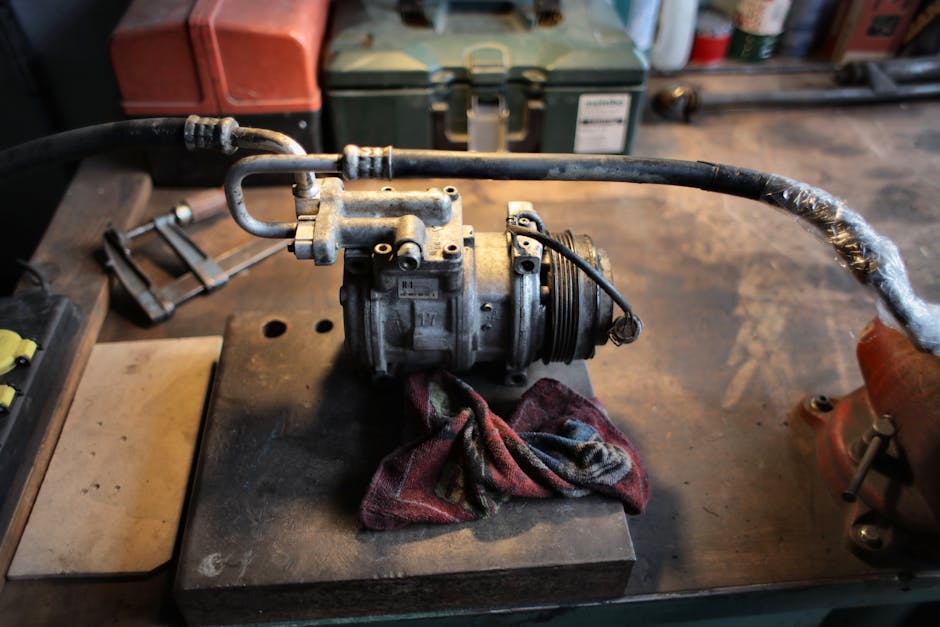
Industrial power systems play a vital role in ensuring the smooth operation of various industries by providing reliable and efficient energy solutions. These systems are designed to meet the energy demands of large-scale operations, ranging from manufacturing plants to data centers. Understanding the different types of industrial power systems and their applications is essential for businesses looking to enhance their energy management strategies.
Overview of Industrial Power Systems
Industrial power systems are comprehensive energy solutions that provide the necessary electrical power for industrial applications. They encompass a variety of components, including generators, transformers, switchgear, and distribution systems. As industries often operate continuously, the reliability of their power systems is crucial for minimizing downtime and maintaining productivity. Moreover, industrial power systems must be capable of handling high loads and ensuring stability during fluctuations in demand. The importance of these systems cannot be overstated, as they not only provide power but also contribute to efficiency and safety in operations. Industries such as manufacturing, healthcare, and telecommunications rely on robust power systems to support their critical functions. When designed and maintained correctly, industrial power systems can significantly reduce operational risks and enhance overall performance.
Types of Industrial Power Systems: Diesel Generators vs. Alternative Solutions
When considering industrial power systems, one of the primary decisions revolves around the type of energy source to utilize. Diesel generators have been a traditional choice for many industries due to their reliability and ability to provide power quickly. These generators are known for their robustness and can be used as primary power sources or as backup systems during outages. The advantages of diesel generators include:
– High power output
– Durability in harsh conditions
– Easy availability of fuel
However, there are alternative solutions that are gaining traction, particularly as industries become more conscious of environmental impacts and operational costs. These solutions include:
– Natural Gas Generators: These systems offer cleaner emissions and can be more cost-effective in areas with stable natural gas availability. – Renewable Energy Systems: Solar panels and wind turbines can be integrated into industrial power systems to reduce reliance on fossil fuels and lower operating costs over time. – Battery Storage Systems: These solutions are increasingly used to store energy generated from renewable sources or during off-peak times, allowing for efficient energy management. The choice between diesel generators and alternative power solutions depends on various factors, including energy requirements, environmental regulations, and initial investment costs.
Factors to Consider When Purchasing an Industrial Power System
Selecting the right industrial power system involves careful consideration of several key factors:
1. Capacity Requirements: It is crucial to assess the power requirements of your operations to choose a system that can handle the load without overexertion. 2. Budget: Initial costs, ongoing fuel expenses, and maintenance needs should all be factored into your budget. While diesel generators may have lower upfront costs, the long-term operational expenses can vary significantly based on fuel prices and maintenance. 3. Maintenance Needs: Industrial power systems require regular maintenance to ensure optimal performance. Understanding the maintenance requirements and availability of service support can influence your decision. 4. Environmental Impact: Consider the environmental regulations applicable to your industry. Opting for cleaner energy solutions may enhance your company’s reputation and compliance with regulations. 5. Scalability: As businesses grow, their energy needs may change. A scalable power system can save costs and reduce the need for future upgrades. In conclusion, understanding industrial power systems is essential for businesses aiming to enhance their operational efficiency. By evaluating the types of systems available and considering critical factors during the purchasing process, organizations can make informed decisions that align with their energy needs and sustainability goals.
| System Type | Advantages | Considerations |
|---|---|---|
| Diesel Generators | High reliability, fast response | Fuel costs, noise pollution |
| Natural Gas Generators | Cleaner emissions, lower operational costs | Infrastructure availability, initial investment |
| Renewable Energy Systems | Environmentally friendly, long-term savings | Initial setup costs, intermittency issues |
| Battery Storage Systems | Energy efficiency, peak shaving | Capacity limits, technology costs |
By keeping these factors in mind, businesses can select industrial power systems that not only meet their current needs but also support their future growth and sustainability objectives. For those considering diesel generators, a thorough exploration of available options can lead to a well-informed investment.

